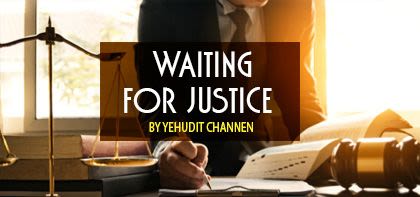
Waiting for Justice
My girlfriend told that one of the hardest things about being raised by Holocaust survivors was that nothing she ever went through evoked much sympathy…

I experienced a delayed reaction after visiting Mauthausen Concentration Camp. I had anticipated going there for a long time and I had dreaded it just as much. It’s one thing to know about concentration camps; it’s another to actually see one with your own eyes. But I did finally get to Austria, birthplace of The Monster, on a cold and gloomy day in November.
The place looks like a fortress. Built with thick granite walls, high up on a hill, it stands like a depressing, grey testament to inhumanity. It’s huge, its ugly and it was built with great care. Just outside the stone doors of the entrance is a small swimming pool built for the Nazi’s to enjoy after a long summer day of torturing prisoners. Naturally, it was referred to as a “safety feature” a reservoir of water in case fire broke out. No one tops Nazis when it comes to euphemisms and lies.
I was with a group of nearly a hundred people, mainly from America, mostly people in their mid-sixties and above. It included Rabbi Hier, the founder of the Simon Wiesenthal Center and his wife, Malka. They had been there numerous times already but this time was especially meaningful.
The first thing we saw inside the camp was the “welcome area.” Here the prisoners were stripped of 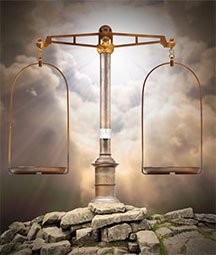 everything they carried and everything they wore. Their heads were shaved, their bodies deloused (everyone together) and their forearms tattooed with numbers.
everything they carried and everything they wore. Their heads were shaved, their bodies deloused (everyone together) and their forearms tattooed with numbers.
We can’t begin to imagine the psychological effects this treatment must have produced, we can’t imagine how they felt even before they were “welcomed.” By then the Nazi’s victims were already starving, terrified wrecks.
My tour around Mauthausen wasn’t long. It was interrupted by a memorial ceremony for the famous Simon Wiesenthal, who had miraculously survived his time there. When the Americans liberated the camp in May of 1945, he was too weak to stand. Yet within just a few days he began compiling a list of Nazi criminals and helping the soldiers to locate and arrest them.
Simon Wiesenthal made it his life’s mission to hunt down Nazis and bring them to justice. Hashem helped him succeed, as is well known and documented. But only Hashem can mete out true justice. And He is biding His time.
During the plaque placing ceremony in Mr. Wiesenthal’s honor, several of the members of our group shared personal stories about parents or grandparents who had actually lived within these granite walls and managed to survive the cold, the germs, the slave labor and the constant physical and mental torment.
My delayed reaction wasn’t too delayed. I arrived back on a warm afternoon and stepped off the plane into the Israeli sun, in stark contrast to the dark and drizzle of Europe.
I got home and discovered one of the kids had broken the door of the washing machine and that no one had remembered to water my plants. I was irritable and tired and after having been waited on for two weeks, it was difficult getting back to work. I had also caught a bad cold and I felt terrible. But I wasn’t in Mauthausen, was I? How can anything ever be difficult after that? I remembered a friend of mine named Sura, whose parents had survived the Holocaust. Sura told me that one of the hardest things about being raised by them was that nothing she ever went through evoked much sympathy. It was impossible to get any validity for the usual childhood troubles. She had food, didn’t she? She had a warm house? Nazis weren’t pounding on the door? What exactly was her problem? A bruised ego, a scraped knee, a disloyal friend, or a tough teacher? Not even worth discussing…
I spent the next days at home taking cold medication and reading about Mauthausen. I watched a documentary and recognized the ugly monstrosity and the scenic hills around it. The horror had sunk in and I felt a bubbling rage deep inside me, an anger so intense it had literally made me sick.
I don’t know what it will be like when Hashem avenges the blood of His people. I have no idea what it will take to appease Him for the sadistic treatment of His beloved nation, especially the innocent children. But the day will come.
And we, being believers born of believers, will wait for Hashem to dispense both His punishment and His reward.
I never wanted to see justice more than the moment I stood in the courtyard of Mauthausen, shivering in the wind and inspired by all those who had survived in spiritual triumph, with their emuna intact. In voices filled with hope, pride and sadness, we sang together, “Ani Ma’amim-I Believe!”



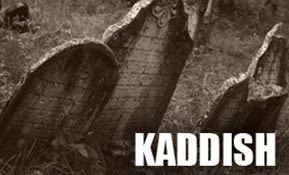

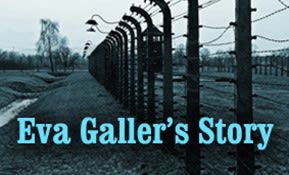
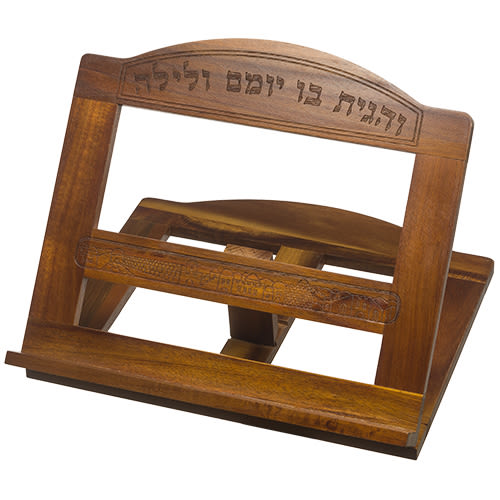

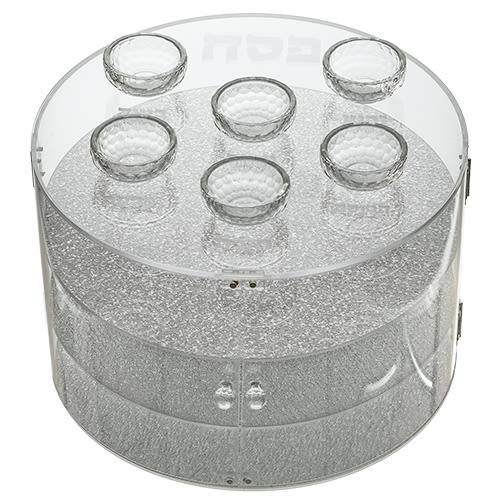

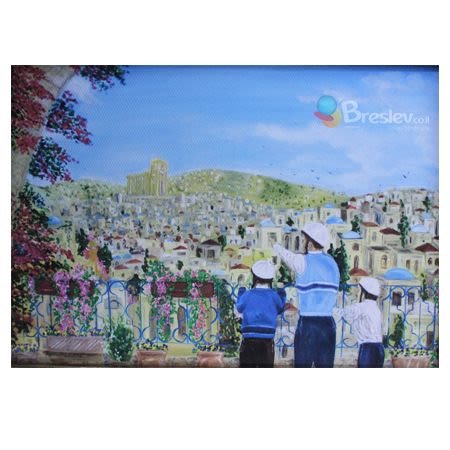
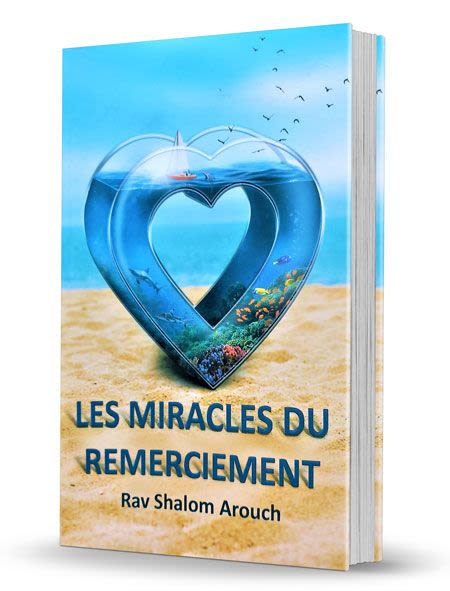
Tell us what you think!
Thank you for your comment!
It will be published after approval by the Editor.